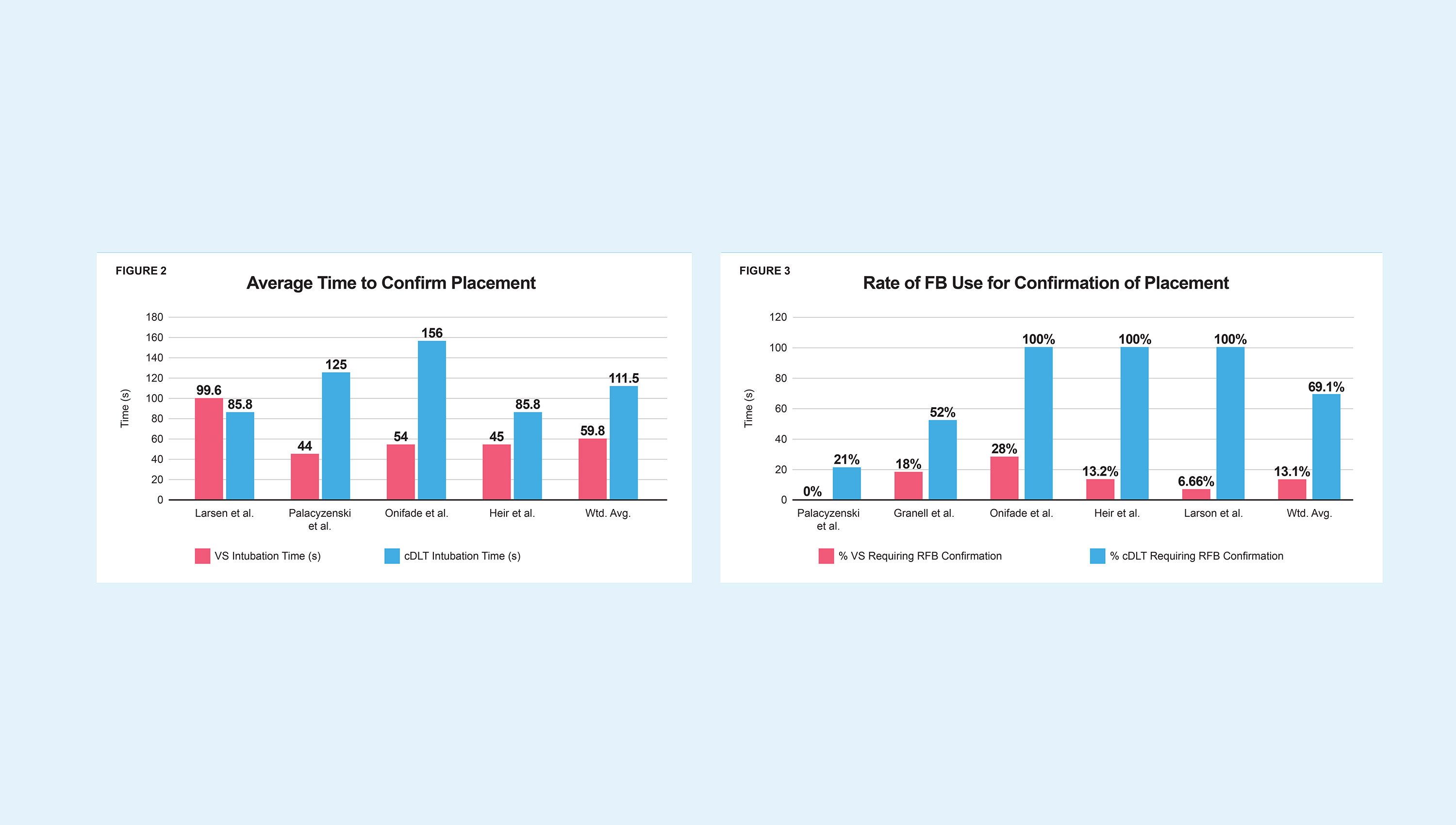
Few members of the American Rhinologic Society boast having experience in AI, but they do expect rapid adoption in clinics.
“Physicians are most ready to accept AI where it does not infringe on clinical judgment and intangibles such as experience or physician-patient relationships,” according to a recent study published in Laryngoscope Investigative Otolaryngology.
The study included a survey and semi-structured interviews and received 86 responses. Nineteen otolaryngologists were then recruited and interviewed.
Only 8 percent of survey respondents reported having AI training as residents, but 72 percent acknowledged familiarity with general AI concepts. None reported personal experience with AI in a clinical setting.
___________________________________________________________________________________
Related Content: Why AI is Poised to Make Strides in Otolaryngology
___________________________________________________________________________________
In terms of their trust of AI, 44 percent of respondents said they would be willing to use it to identify malignancy, while 53 percent would use it to interpret radiographic images.
As long as experts and studies validated the technologies, 78 percent said they would be comfortable using artificial intelligence.
The biggest advantages they envisioned were in “imaging evaluation” in pathology and radiology images. That imaging interpretation could go beyond diagnostic uses and include preop planning and surgical navigation, some respondents suggested.
Concerns about the new technology included:
“Many clinicians believe that AI will soon be incorporated into clinical otolaryngology, so they emphasize the need for further education and research — for published studies, transparency in algorithm development, leaders in the field to test AI capabilities, and personal hands-on use,” the authors of the study wrote.


